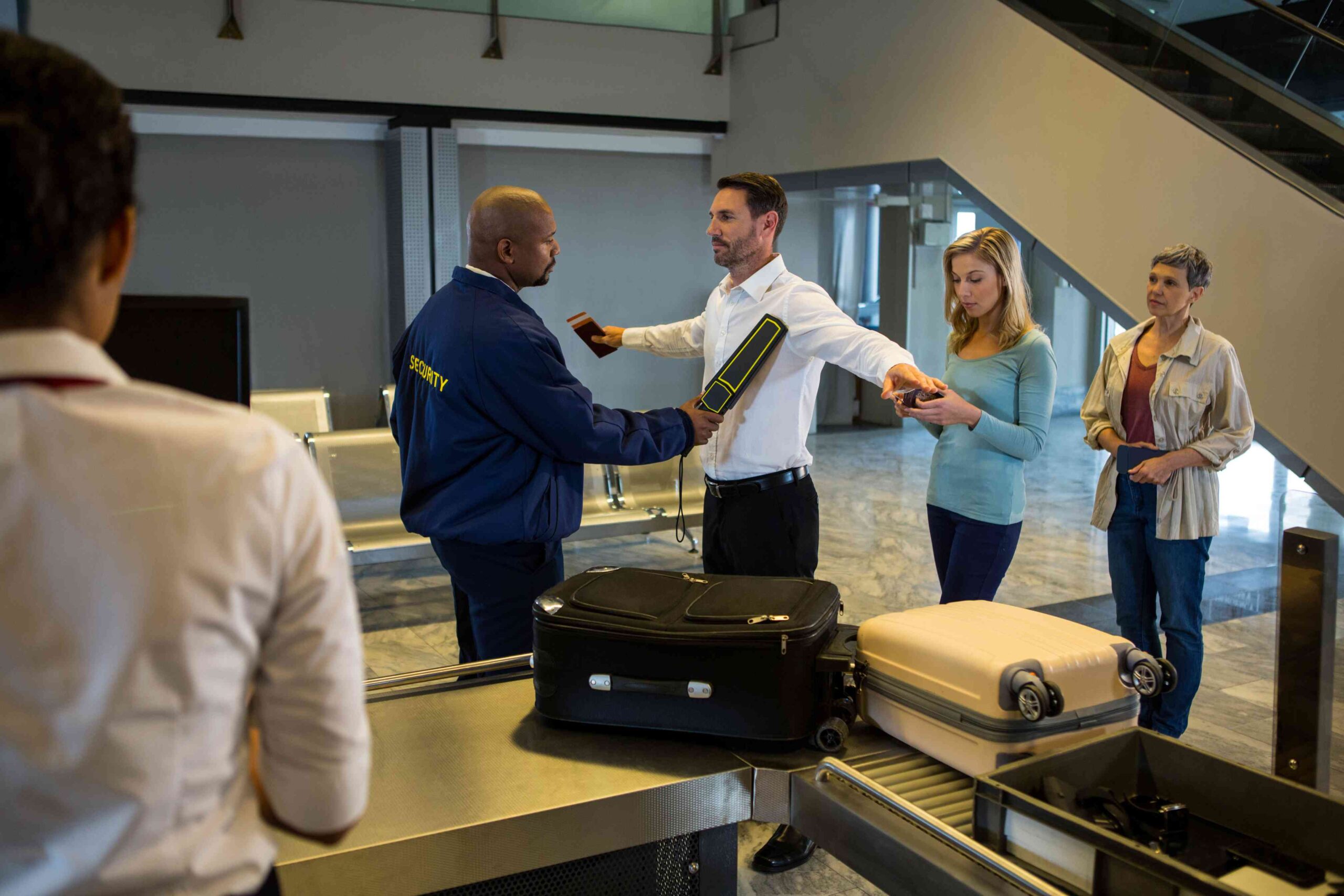In the ever-evolving landscape of retail security remains a paramount concern for businesses aiming to protect their assets, employees, and customers. With the rise of technology, modern retail security services have undergone a transformative shift, leveraging advanced tools and techniques to safeguard against various threats. From traditional brick-and-mortar stores to e-commerce giants, the role of technology in enhancing security measures is undeniable.
- Introduction: The Changing Face of Retail Security The retail industry has witnessed significant transformations over the years, spurred by technological advancements and shifting consumer behaviors. Alongside these changes, the need for robust security measures has become increasingly pronounced. In this blog post, we’ll explore the pivotal role that technology plays in modern retail security services, from surveillance systems to data analytics and beyond.
- Surveillance Systems: Enhancing Visibility and Deterrence One of the cornerstone technologies in retail security is surveillance systems. Gone are the days of grainy CCTV footage; today’s systems boast high-definition cameras, advanced analytics, and real-time monitoring capabilities. These systems not only provide enhanced visibility within retail spaces but also serve as a powerful deterrent against theft, vandalism, and other illicit activities. By leveraging AI-powered analytics, retailers can detect suspicious behavior patterns, identify potential threats, and respond proactively to mitigate risks.
- Access Control Solutions: Securing Entry Points and Sensitive Areas Access control solutions play a crucial role in regulating entry points and restricting access to sensitive areas within retail establishments. From biometric authentication to keycard systems, these technologies ensure that only authorized personnel can access designated spaces, such as storerooms, offices, and cash-handling areas. By implementing robust access control measures, retailers can minimize the risk of unauthorized access, theft, and employee misconduct, thereby enhancing overall security and accountability.
- E-Commerce Security: Safeguarding Digital Transactions and Data In the digital age, e-commerce has become increasingly prevalent, presenting unique security challenges for retailers. From payment fraud to data breaches, online retailers must navigate a complex landscape of cyber threats. To address these challenges, modern retail security services leverage cutting-edge technologies such as encryption, tokenization, and fraud detection algorithms. By safeguarding digital transactions and customer data, retailers can instill trust and confidence among online shoppers while mitigating the risk of financial losses and reputational damage.
- Loss Prevention Strategies: Leveraging Data Analytics and Predictive Modeling Effective loss prevention is a top priority for retailers seeking to minimize shrinkage and maximize profitability. In this regard, data analytics and predictive modeling have emerged as invaluable tools for identifying patterns of theft, fraud, and inventory discrepancies. By analyzing transactional data, inventory levels, and employee behavior, retailers can pinpoint potential risks and take proactive measures to mitigate them. Whether through automated alerts, dynamic inventory management, or targeted training programs, technology-enabled loss prevention strategies empower retailers to stay one step ahead of would-be perpetrators.
- Customer Safety and Experience: Balancing Security with Convenience While ensuring security is paramount, retailers must also prioritize the customer experience and convenience. Modern technologies, such as facial recognition, heat mapping, and queue management systems, enable retailers to strike a balance between security measures and seamless shopping experiences. By optimizing store layouts, reducing wait times, and personalizing interactions, retailers can enhance customer satisfaction while maintaining robust security protocols.
- Conclusion: Embracing Innovation for a Secure Future As the retail landscape continues to evolve, so too must its approach to security. By embracing innovative technologies and proactive strategies, retailers can effectively safeguard their assets, employees, and customers against a myriad of threats. From surveillance systems to e-commerce security solutions, the role of technology in modern retail security services is indispensable. By staying abreast of emerging trends and investing in cutting-edge solutions, retailers can navigate the complexities of today’s security landscape with confidence and resilience.
In conclusion, the integration of technology into retail security services Melbourne represents a paradigm shift in how businesses approach risk mitigation and asset protection. By harnessing the power of advanced surveillance systems, access control solutions, e-commerce security measures, and data analytics, retailers can create safer, more secure environments for both physical and digital transactions. As technology continues to evolve, so too will the arsenal of tools available to retailers seeking to safeguard their operations and uphold their commitment to customer safety and satisfaction.




